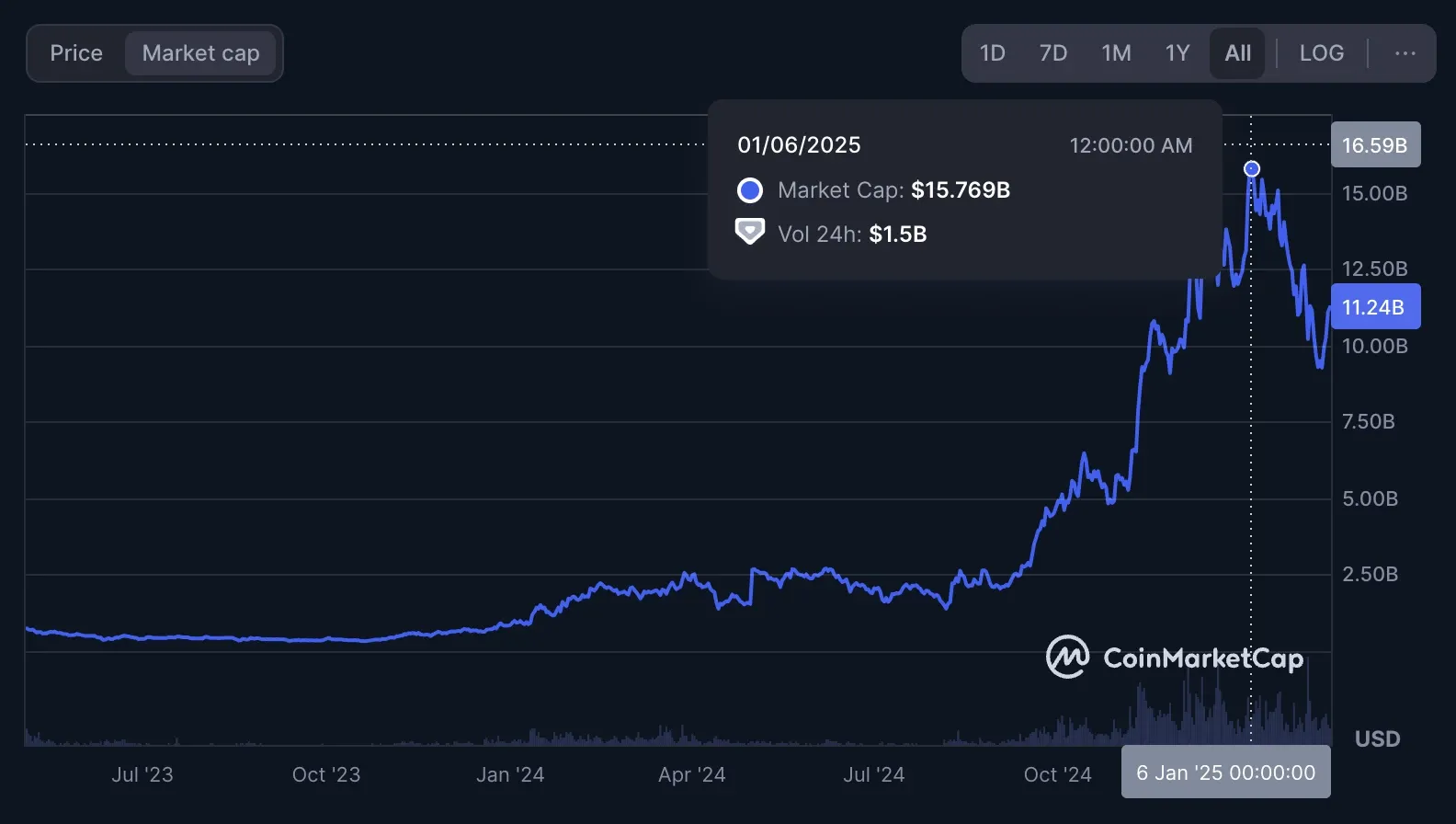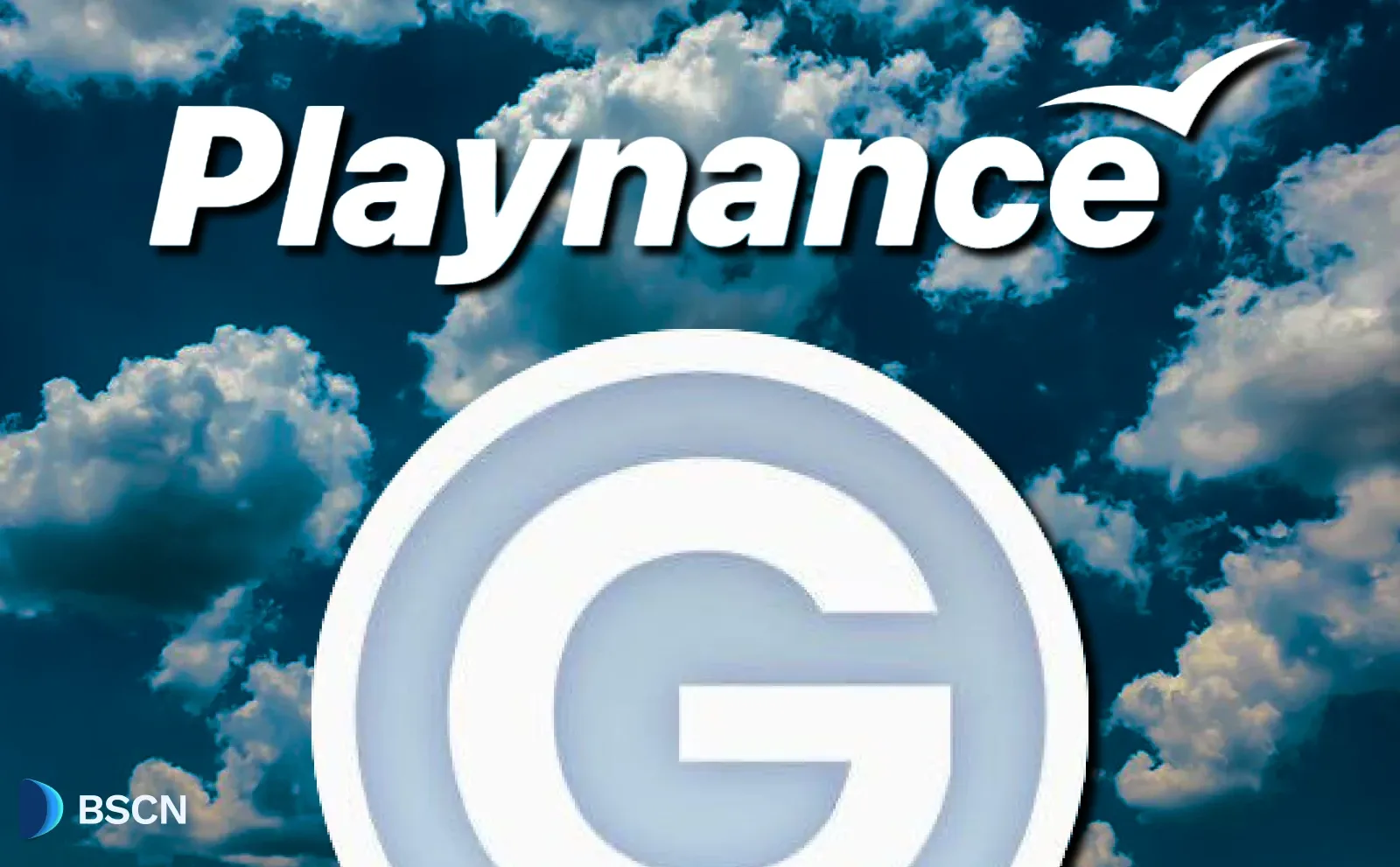Sui Network & the SUI Token: Full Guide

Explore Sui Network's object-centric blockchain architecture, Move programming language, and innovative features. Analysis of SUI’s tokenomics, ecosystem, and technology.
Crypto Rich
February 14, 2025
Table of Contents
SUI Network stands out in the blockchain space by radically reimagining how distributed systems process transactions. By introducing an object-centric model and achieving over 100,000 transactions per second, SUI has established itself as a technical powerhouse focused on solving real developer and user challenges rather than incremental improvements.

Revolutionizing Blockchain Architecture: The SUI Approach
SUI's fundamental innovation lies in its object-centric model, which transforms how blockchain networks handle data and process transactions. This architectural approach enables true parallel processing capabilities, setting it apart from traditional blockchain systems.
The Object-Centric Revolution
SUI's object-centric model treats every asset and piece of data as a distinct object with its own properties and capabilities. This architectural choice enables unprecedented parallelization of transaction processing, as the system can simultaneously process multiple transactions that don't interact with the same objects. The result is a dramatic improvement in throughput and scalability, with the network theoretically capable of processing over 100,000 transactions per second (TPS).
Move Programming Language: Security by Design
One of SUI's most significant innovations is its adoption of the Move programming language. Originally developed for the Diem blockchain project, Move brings resource-oriented programming to the blockchain space. This ensures that digital assets are treated as first-class citizens within the programming environment, Move's design reduces the risk of common smart contract vulnerabilities.
Key advantages of Move include:
- Resource-oriented programming model that prevents asset duplication
- First-class resources that ensure secure asset management
- Built-in verification tools for enhanced security
- Static type system that catches errors at compile-time
Breaking Down Entry Barriers: zkLogin and Sponsored Transactions
SUI's technical architecture directly addresses two major obstacles in blockchain adoption: complex user authentication and transaction fee management.
zkLogin: Reimagining Web3 Authentication
zkLogin represents a paradigm shift in how users interact with blockchain applications. By leveraging zero-knowledge proofs, zkLogin allows users to authenticate using familiar Web2 credentials, i.e., Google or Facebook, while maintaining blockchain technology's security and privacy guarantees. This innovation eliminates the complexity of managing private keys and seed phrases, making blockchain applications accessible to mainstream users.
Sponsored Transactions: Removing Financial Friction
The concept of sponsored transactions addresses one of the most significant barriers to Web3 adoption: the need for users to hold native tokens for transaction fees. Through sponsored transactions, developers can cover gas fees on behalf of their users, enabling a seamless onboarding experience that mirrors traditional Web2 applications.
Ecosystem Growth and Strategic Partnerships
SUI's ecosystem expansion demonstrates the practical applications of its technical capabilities across various sectors.
Cross-Chain Integration and Financial Infrastructure
The integration with Router Chain has established robust cross-chain transfer capabilities, enabling seamless asset movement between SUI and other blockchain networks. Additionally, partnerships with established financial institutions like Franklin Templeton Digital Assets and Libre Capital demonstrate SUI's potential to bridge traditional finance with decentralized technologies.
Ecosystem Growth and Strategic Partnerships
SUI's ecosystem development focuses on three key sectors where its technical capabilities provide significant advantages: Finance, Commerce, and Gaming.
Financial Services Innovation
SUI's architecture enables financial services with near-instant settlement and minimal fees. The network's design allows users to conduct transactions under conditions that closely mirror traditional market environments. A standout feature is the native central limit order book (Deepbook), which provides builders with the liquidity foundation needed to create innovative financial products.
Commerce and Brand Engagement
The platform offers unique capabilities for brands seeking to enhance customer engagement through digital assets. SUI's infrastructure enables businesses to seamlessly integrate digital assets into their products, creating dynamic customer experiences that drive retention and engagement while maintaining cost efficiency.
Gaming Infrastructure Excellence
SUI stands out in the gaming sector by addressing the specific technical requirements that game developers need. The platform offers several critical advantages for gaming applications:
- Complete Web3 abstraction for a seamless player experience
- Unlimited scalability to support growing player bases
- Near-instant transaction processing for real-time gameplay
- Predictably low costs for sustainable gaming economies
- Dynamic game assets with customizable transfer policies
A key differentiator is SUI's approach to game asset management, where developers maintain full control over transfer policies, enabling them to design and implement sophisticated in-game economies and asset systems.
Scalability Architecture
SUI's unprecedented scalability stems from its unique approach to transaction processing:
- Parallel execution of independent transactions
- Efficient data handling through the object-centric model
- Advanced consensus mechanism optimized for throughput
- Horizontal scalability through subnet architecture
The SUI Token: Powering the Network's Economy
The SUI token serves as the fundamental unit of value and utility within the SUI Network ecosystem. With a fixed maximum supply of 10 billion tokens, SUI's tokenomics are designed to ensure long-term sustainability and value alignment between network participants.

Current Market Metrics
As of the latest market data (February 14th 2025), SUI has established itself as a significant player in the cryptocurrency market:
- Market Capitalization: $10.95 billion
- Daily Trading Volume: $968.68 million
- Fully Diluted Valuation: $35.45 billion
- Circulating Supply: 3.08 billion SUI
- Total Supply: 10 billion SUI
- Maximum Supply: 10 billion SUI
Core Token Utilities
The SUI token's design incorporates four essential functions that drive network participation and security:
1. Staking and Network Security
SUI's proof-of-stake mechanism allows token holders to participate in network security by staking their tokens. This not only helps secure the network but also enables participants to earn rewards for their contribution to the network's stability and decentralization.
2. Transaction Fee Settlement
As the native token of the network, SUI serves as the primary medium for payment of gas fees. The current average gas fee is about $0.0065. Every transaction or operation on the network requires SUI for execution and storage, creating a natural demand for the token as network usage increases.
3. Ecosystem Utility
Beyond basic transaction functionality, SUI tokens serve as:
- A unit of account across the network
- A medium of exchange for various applications
- A store of value within the ecosystem
- A foundation for complex smart contract interactions
- An enabler of interoperability across the SUI ecosystem
4. Governance Rights
SUI token holders play a crucial role in the network's development through on-chain governance. Token holders can participate in voting on important protocol decisions, including:
- Protocol upgrades
- Parameter adjustments
- Strategic initiatives
This governance mechanism ensures that the network's evolution aligns with the interests of its stakeholders while maintaining decentralized decision-making.
Market Position and Future Outlook
Currently ranked 12th by market capitalization on major cryptocurrency tracking platforms like Coinmarketcap and Coingecko, SUI has demonstrated remarkable growth since its launch. The network's technical capabilities and growing ecosystem of applications and partnerships position it as a serious contender in the Layer-1 blockchain space.
Competitive Analysis
When compared to other Layer-1 solutions like Cardano and Solana, SUI offers distinct advantages:
- Higher theoretical throughput (100,000+ TPS).
- More intuitive programming model through Move.
- Built-in parallel processing capabilities.
- Advanced user authentication solutions.
Looking Ahead: The Future of SUI
SUI's technical foundation and innovative architecture create new possibilities for the development and deployment of blockchain applications. The network's focus on solving fundamental scaling and usability challenges positions it uniquely in the Layer-1 landscape.
Development Roadmap Highlights
The SUI development team continues to push the boundaries of blockchain technology with planned improvements, including:
- Enhanced cross-chain integration capabilities
- Advanced developer tools and frameworks
- Expanded zkLogin functionality
- Improved network performance and scalability
- “Patching” front-running and MEV attacks
Conclusion
SUI Network represents a technical breakthrough in blockchain architecture, combining innovative design choices with practical solutions to real-world challenges. Its object-centric model, Move programming language, and features like zkLogin and sponsored transactions create a powerful platform for the next generation of blockchain applications.
For developers, institutions, and users looking to build and deploy high-performance blockchain applications, SUI offers a compelling technical foundation that combines security, scalability, and ease of use. As the network continues to mature and expand its ecosystem, it stands poised to play a crucial role in the future of Web3 development and adoption.
Recent SUI Network Coverage:
- Sui Network Updates: A Look at New Products, Growth, & Ecosystem Activity
- SUI Launches Native Stablecoin ‘USDSui' to Power Onchain Payments
- Sui Network’s New Mysticeti v2 Consensus Engine: What is it & Why it Matters?
- SUI Launches Native Stablecoin ‘USDSui' to Power Onchain Payments
- Promising Projects to Watch on SUI Blockchain: Top Picks Across DeFi
Read Next...
Disclaimer
Disclaimer: The views expressed in this article do not necessarily represent the views of BSCN. The information provided in this article is for educational and entertainment purposes only and should not be construed as investment advice, or advice of any kind. BSCN assumes no responsibility for any investment decisions made based on the information provided in this article. If you believe that the article should be amended, please reach out to the BSCN team by emailing [email protected].
Author
 Crypto Rich
Crypto RichRich has been researching cryptocurrency and blockchain technology for eight years and has served as a senior analyst at BSCN since its founding in 2020. He focuses on fundamental analysis of early-stage crypto projects and tokens and has published in-depth research reports on over 200 emerging protocols. Rich also writes about broader technology and scientific trends and maintains active involvement in the crypto community through X/Twitter Spaces, and leading industry events.
Crypto Project & Token Reviews
Project & Token Reviews
Comprehensive reviews of crypto's most interesting projects and assets
Learn about the hottest projects & tokens
Latest Crypto News
Get up to date with the latest crypto news stories and events



















